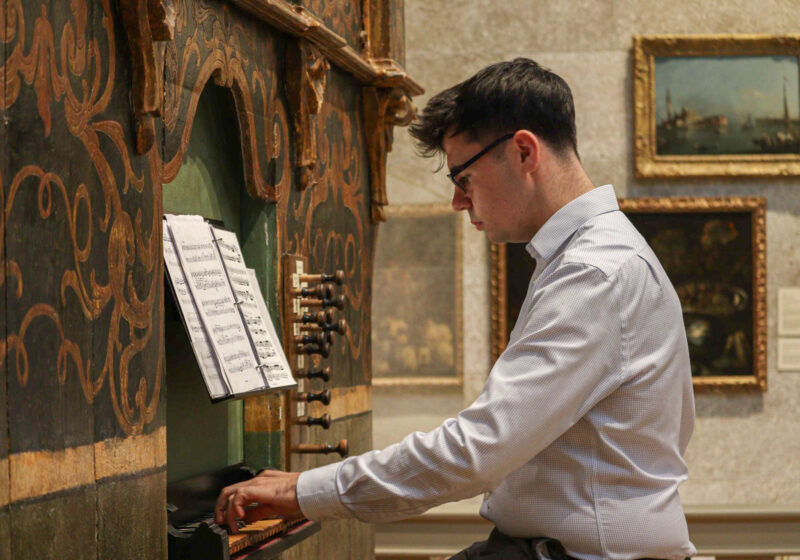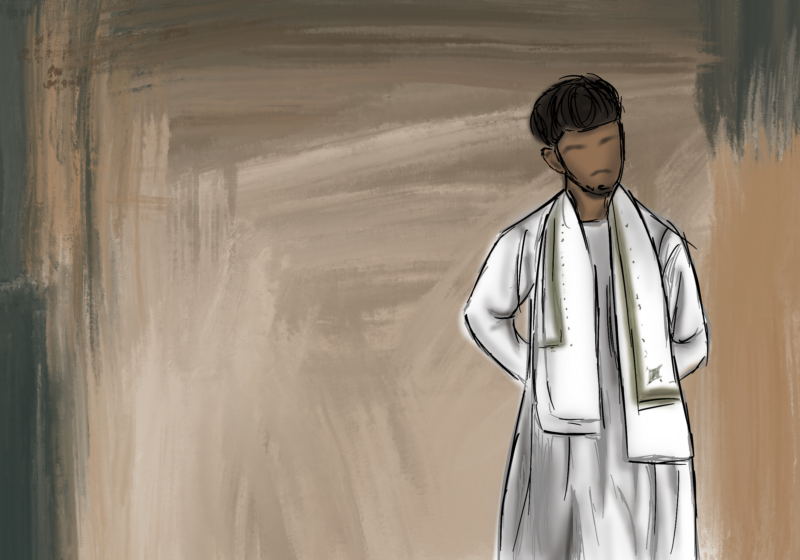Tuition will increase by $1,020 next year for students attending The College and the School of Nursing totaling $24,150 a year.
The tuition increase of 4.4 percent from $23,130 is slightly higher than last year?s increase of 3.6 percent. Since 1990, the cost of tuition at UR has increased from $15,150 a year.
While room and board costs have not been finalized, UR spokesperson Robert Kraus said that he expects an increase of around 3.9 percent, which would leave cost approximately at $8,060. UR is still unsure of exact numbers because of modifications to dining contracts that are still under discussion.
Combining both numbers, an average student will pay approximately $32,210, an ncrease from $30,890 this year. After factoring in health fees and other costs, students can expect to pay close to $34,000 next year to attend UR.
The costs are increasing this year because of many factors, including inflation, higher fuel costs and higher health insurance premiums for UR employees, said Ronald Paprocki, senior vice president for administration and finance.
For example, the price of natural gas ? the fuel of UR?s utilities plant ? has skyrocketed from less than $3 per decatherm six months ago to around $10 now.
Paprocki said next year?s budget will not be dramatically affected by the lackluster performance of the stock market this year.
?We have a well-diversified portfolio of various types of investments,? he said. ?We determine the annual use of endowment funding using a five-year moving average, which helps smooth the impact of market fluctuations.?
Tuition income is part of the income stream for each school. River Campus undergraduate tuition goes to The College, where it supports instructional costs including professor salaries, laboratories for academic programs and libraries. Money is also spent supporting facility costs, student services and general costs, Paprocki said.
The increased costs will cause UR to tighten its belt financially. Academic departments and student services may be affected by the cost increases even with the tuition increase.
Paprocki said, however, that cost-saving measures are not expected to change services offered to students.
?It?s probably more a question of the pace at which we make additions and improvements rather than cutting back,? he said.
The increase in tuition is in line with other schools that are members of the Consortium on Financing Higher Education.
Stanford University will increase its tuition 6 percent next year to $25,917, Princeton University will hike its rates 2.9 percent to $26,160 and Washington University in St. Louis will charge $25,700 for a year?s worth of education.
Paprocki pointed out that compared to other COFHE schools, UR ?already spends more on financial aid than most of our peer institutions.?
Dean of Undergraduate Enrollment Policy and Management Neill Sanders agreed with Paprocki. He said that UR currently gives back 40 cents on the dollar in financial aid.
As expected, students were not happy with the increase in total costs.
?I?m glad I?m a Take Five next year,? senior Mary Delmastro said.
Sophomore Candace Curran said the increase would probably force her to get another job.
Sophomore Jerry Pudusseri took a more practical view.
?If you calculate the increase due to inflation, then the tuition increase won?t look so bad,? he said. ?Still, I think it?s wrong that the tuition keeps increasing and the quality of life here does not.?
Tutition increases were not unique to the River Campus as prices increased across the board at other UR institutions.
A full year of instruction at the Eastman School of Music will cost $21,800, up from $21,080 (a 4 percent increase) last year. The William E. Simon School of Business Administration will see a tuition of $28,290, up from 26,460 (a 7 percent increase) last year. Medical students at the School of Medicine and Dentistry will pay $29,100 for a year of education, up from $28,000 (a 3.9 percent increase).
Students at the Margaret Warner School of Education and Human Development will pay $24,150.
Additional reporting by Pooja Dhume.




